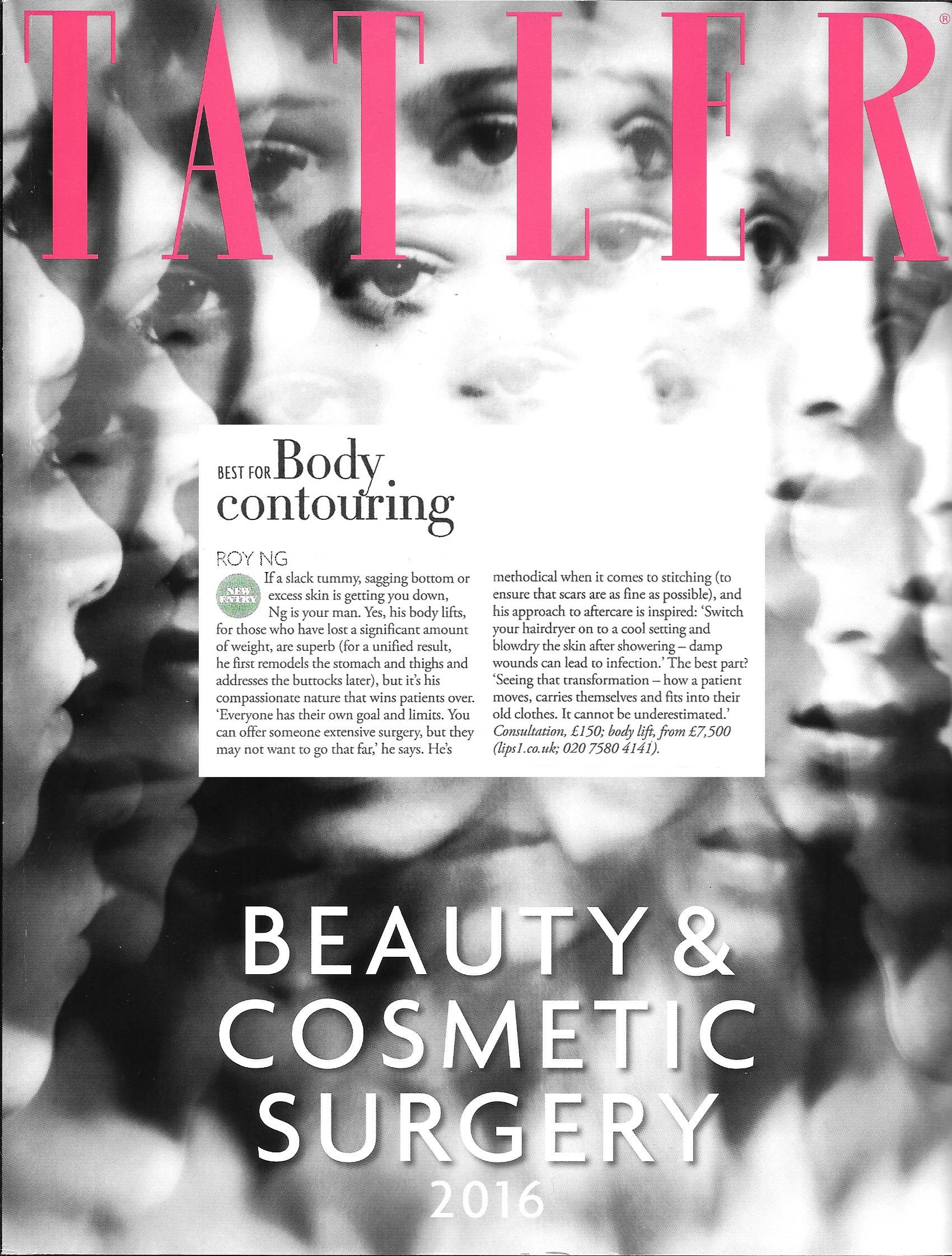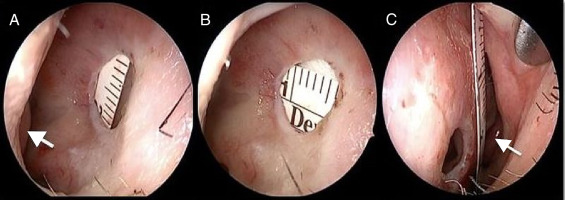
There are pros and cons in choosing between silicone or saline breast implants. Silicone is more pliable and less likely to rip, while saline implants are filled with saltwater. These implants also require a smaller incision, but they also tend to look less natural. Saline implants may not be suitable for women with minimal breast tissue.
Shaped implants are designed to replicate the natural teardrop shape found in breast tissue
Shaped breast implants look naturaler than round implants. They appear thinner at the top, but gradually increase in fullness below the nipple. This shape is popular among women who are looking for a natural enhancement. These implants can be filled using cohesive silicone gel. They are less likely to cause wrinkles, folds and creases that round implants.

Silicone implants are less prone to rippling
Rippling is common with saline implants, but the amount of rippling is usually less noticeable with silicone implants. This is due to the fact that silicone implants contain a gel filler. The gel closely matches the skin and natural breast tissue. Silicone implants are less likely to cause rippling, so these types of breast implants may be more suitable for thin or petite women.
Saltwater is added to saline implants.
Saline breast implants are filled with a sterile saltwater solution. Some implants are prefilled and some are filled during the operation. They come in a range of sizes and may have smooth or textured surfaces. They are FDA-approved for breast enhancement in women over 18 years old. They are also commonly used for breast reconstruction.
Implants for gummy bears have a stronger silicone gel
Gummy bear breasts implants are more stable because they have a solid silicone gel. The firm silicone gel helps retain their shape and reduces the risk of capsular contraction. The implants are firmer and more durable than regular silicone implants or saline ones, as well as having firmer outer shells.
Saline implants for women aged 22-plus are FDA-approved
These breast implants are filled using sterilized saltwater. They are less expensive and more flexible than silicone implants that are typically placed intraoperatively. Saline implants can also be tailored to the individual's needs. They have also been approved by the FDA for women over 22 years old.

Capsular contracture is less common with saline implants
Research has shown that saline breast implants have a lower rate of capsule contraction than silicone breast implant. However, there are a few caveats to these findings. First, patients must agree to fund a reoperation, and it is important that they acknowledge this in their written informed consent documents. A second reason is that additional reoperations could make the condition worse and increase the likelihood of permanent tissue damage.